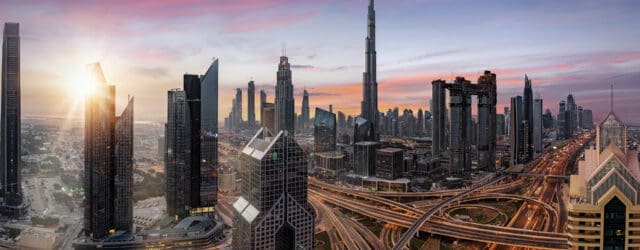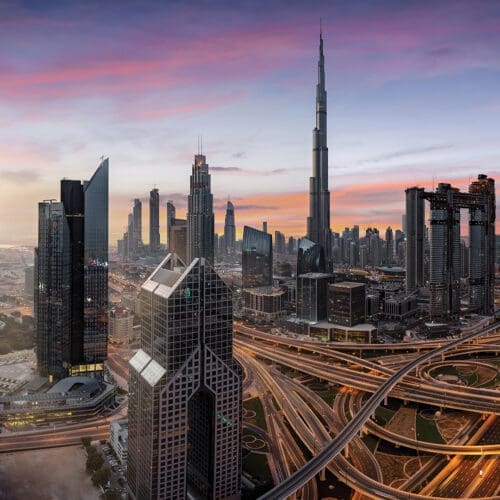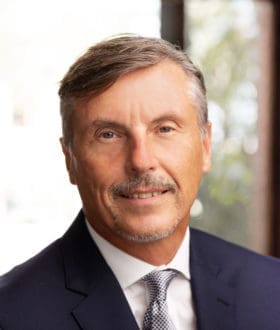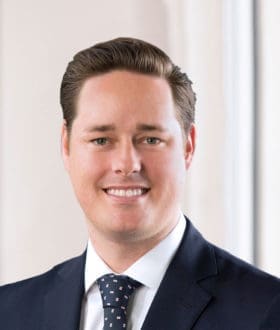Fire Safety in the UAE: Sharjah announces replacement of fire hazard cladding in over 200 buildings
May 2023In April 2023, His Highness Dr Sheikh Sultan bin Mohammed Al Qasimi, Ruler of Sharjah announced that 203 buildings with over seven floors across that Emirate, required the removal of materials that are fire hazards.
The announcement follows a major fire that took place in May 2020 at Abbco Tower, a high-rise Sharjah tower that was built in 2005 with composite-panel cladding.
The use of aluminium composite-panel cladding was prohibited in the UAE under the country’s Fire and Life Safety Code of Practice (the “Code”), which was introduced in 2011 with progressive changes made in January 2017, after the 2015 high rise blazes in the Torch Tower and Address Hotel, both of which were built prior to 2011.
Under the Code, new buildings were required to be fitted with non-combustible cladding but changes to buildings built before the legislation was first introduced was not generally required
However, the announcement by the government of Sharjah appears to be a move away from this.
The removal of the non-compliant cladding in Sharjah, will be conducted in two stages :
- the first phase covering 40 residential and commercial towers that are considered high risk. This is reported to have already started and expected to last 6 months for which the government of Sharjah has already committed AED 100 million ($27.3 million). It aims to replace the combustible aluminium facades of these towers with non-combustible ones to mitigate fire risk.; and
- the second phase, where 163 more buildings, which are comparatively at low risk, will undergo improvement work once the initial high-priority phase has been completed. No further details have been at this stage released regarding the improvement works taking place in phase two of the project, however, it is expected that more information will be made available in the coming months.
Further plans by the Emirate of Dubai are also in train to standardise fire safety testing procedures prior to installation for building materials such as cladding, doors, ducts wireless alarm systems and cables by requiring suppliers and contractors to have products assessed at its Civil Defence’s dedicated laboratory before they can be used in construction projects.
Previously such tests could be conducted privately, however, now companies who have had such materials independently assessed must have them analysed again by the Emirates Safety Lab (“ESL”) to receive a certificate of conformity issued by ESL, which confirms they meet the UAE’s safety standards under the Code
These announcements are welcome and clearly depict the UAE’s commitment to ensuring fire and life safety across all Emirates.
However, it is not yet known whether building owners may have to bear any costs associated with the works in Sharjah or if the other Emirates will implement a similar scheme of replacement works.
Download PDF









